
Directorate and Executive Committee
The Executive Committee supports the leadership in implementing the scientific activities of the Initiative, defines strategic directions, reviews and selects resource requests, oversees the development of educational initiatives, and ensures the proper functioning of the program.
Board composition:
The leadership and members of the Executive Committee represent the various research institutions of the Sorbonne University Alliance (SU, MNHN, UTC and Cnam) and cover all scientific disciplines involved in InLife:
Biology
Chemistry
Computer sciences
Engineering
Mathematics
Physics
Director - Gilles Fischer
Laboratory of Computational, Quantitative and Synthetic Biology (CQSB), SU
CNRS Research Director, his areas of expertise include molecular genetics and genomics. His research focuses on the evolutionary dynamics of genomes, the study of mutational processes, and the analysis of natural genetic diversity in yeast genomes.
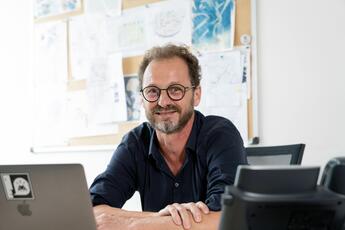
Deputy director - Christine Ménager
Laboratoire de Physicochimie des Electrolytes et Nanosystèmes Interfaciaux (PHENIX), SU
Professor at Sorbonne University, his area of expertise is the design of multifunctional magnetic nanosystems. His research focuses on magnetic targeting, delivery of active molecules using physical methods, and the study of internalization pathways in cells.
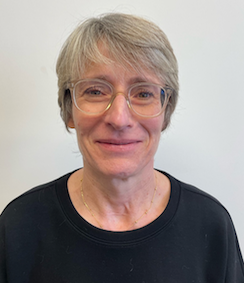
Chloé Audebert
Laboratoire de Biologie Computationnelle, Quantitative et Synthétique (CQSB), SU
Laboratoire Jacques-Louis Lions (LJLL), SU
Assistant Professor at Sorbonne University. Her area of expertise is the development of mathematical and computational models for biological processes based on experimental or clinical data. She is working on different application fields, in particular, hemodynamics, immune response, processes including individual variability (with mixed effects approaches) and adipocyte size distributions.
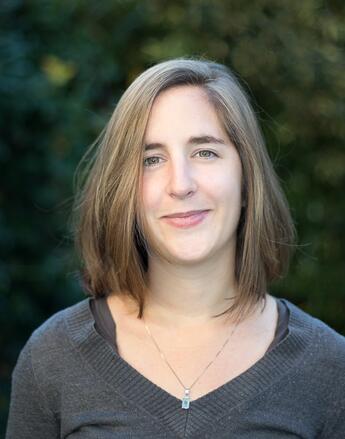
Jean-Baptiste Boulé
Laboratoire Structure et Instabilité des Génomes (StrInG), MNHN
CNRS Research Director, his areas of expertise are biochemistry and molecular genetics. His research focuses on molecular motors, bioelectricity, adaptation mechanisms in yeast, and the ecology of yeast/bacteria microbial consortia.
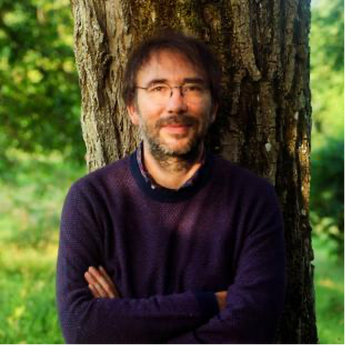
Nicolas Bredeche
Institut des Systèmes Intelligents et de Robotique (ISIR), SU
Professor at Sorbonne University, her areas of expertise are swarm robotics, evolutionary robotics, and agent-based modeling. Her research focuses on the mechanisms that enable collective systems—whether natural or artificial—to evolve, learn, and adapt in open environments.
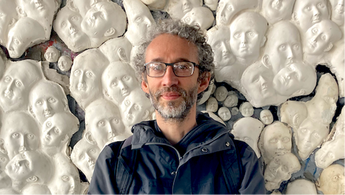
Gabrielle Girardeau
Centre de Neuroscience (NeuroSU), SU
INSERM Research Scientist and head of the “Sleep and Emotional Memory” team, she is an expert in systems neuroscience. Her team investigates the electrophysiological mechanisms of neuronal communication at the level of brain structures and their interactions, to understand the role of sleep in the normal and pathological processing of memories and emotions.
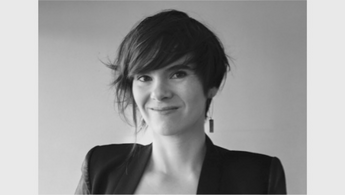
Valérie Goguel
Institut de Biologie Paris Seine (IBPS), SU
CNRS Research Scientist and Scientific Affairs Delegate at IBPS, her expertise spans two areas: on one hand, the study of RNA synthesis, transcription regulation, and splicing in yeast; on the other hand, the investigation of memory mechanisms in Drosophila, with a particular interest in using this model organism to study the molecular basis of Alzheimer’s disease.
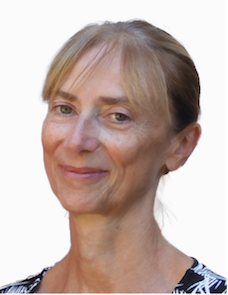
Nathalie Lagarde
Laboratoire Génomique, Bioinformatique et Chimie Moléculaire (GBCM), Cnam
Assistant Professor at the Cnam, her areas of expertise are structural bioinformatics and chemoinformatics. Her research focuses on the development and application of virtual screening protocols for the prediction of compounds with therapeutic potential and environmental compounds.
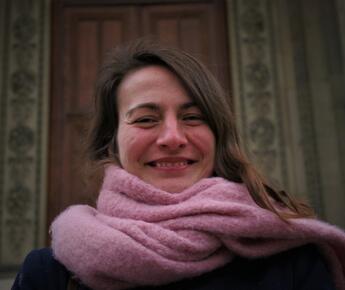
Cécile Legallais
Laboratoire de Biomécanique et Bioingénierie (BMBI), UTC
CNRS Research Director, her areas of expertise are tissue engineering and fluid biomechanics. Her research focuses on the design of bioartificial livers at various scales (organ support systems, organs-on-chips) and the in vitro reconstruction of different musculoskeletal tissues and their interfaces.
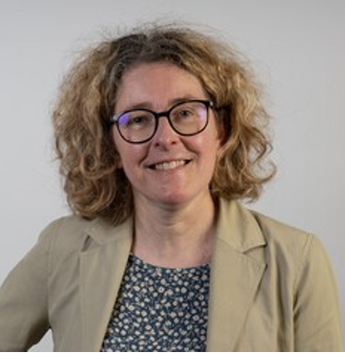
Clément Nizak
Laboratoire Jean Perrin (LJP), SU
CNRS Research Director, our current research focuses on enzymes and antibodies as experimental models to tackle fundamental questions related to bio-molecule function and evolution. Our large-scale experiments are based on droplet microfluidics, phage display and high-throughput DNA sequencing technologies, and downstream statistical analysis. Our approaches are strongly motivated by computational analysis of genomic data and theory inspired by statistical physics.
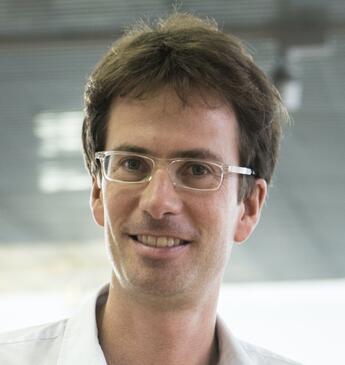
Stéphane Robin
Laboratoire de Probabilités, Statistique et Modélisation (LPSM), SU
Professor at Sorbonne University, his area of expertise is statistics and its applications in the life sciences, particularly in ecology. His research focuses on latent variable models, random graph models and change-point detection, as well as the associated inference techniques.

Emilie Secret
Laboratoire Physicochimie des Electrolytes et Nanosystèmes Interfaciaux (PHENIX), SU
CNRS Research Scientist, her area of expertise is the design of multifunctional nanomaterials for biomedical applications. Her research focuses on developing strategies to avoid endosomal entrapment of nanomaterials, on cell engineering activated by magnetic nanoparticles, and on treatments using localized magnetic hyperthermia.
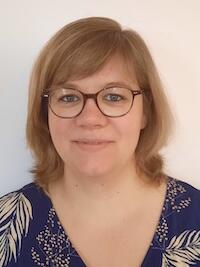
Catherine Vénien-Bryan
Institut de Minéralogie, Physique des Matériaux et Cosmochimie (IMPMC), SU
Professor at Sorbonne University, her areas of expertise are biophysics and structural biochemistry. Her research focuses on the structure–function relationship of ion channels and the molecular-level understanding of their regulation and dysregulation. Her methodology combines cryo-electron microscopy (Cryo-EM), molecular dynamics, and electrophysiology.

Zhou Xu
Laboratory of Computational, Quantitative and Synthetic Biology (CQSB), SU
CNRS Research Director, leads a research team at Sorbonne University working on telomeres and DNA repair, aiming to understand their roles in genome stability. The approaches used combine molecular biology and genetics with bioinformatics and mathematical modeling.

